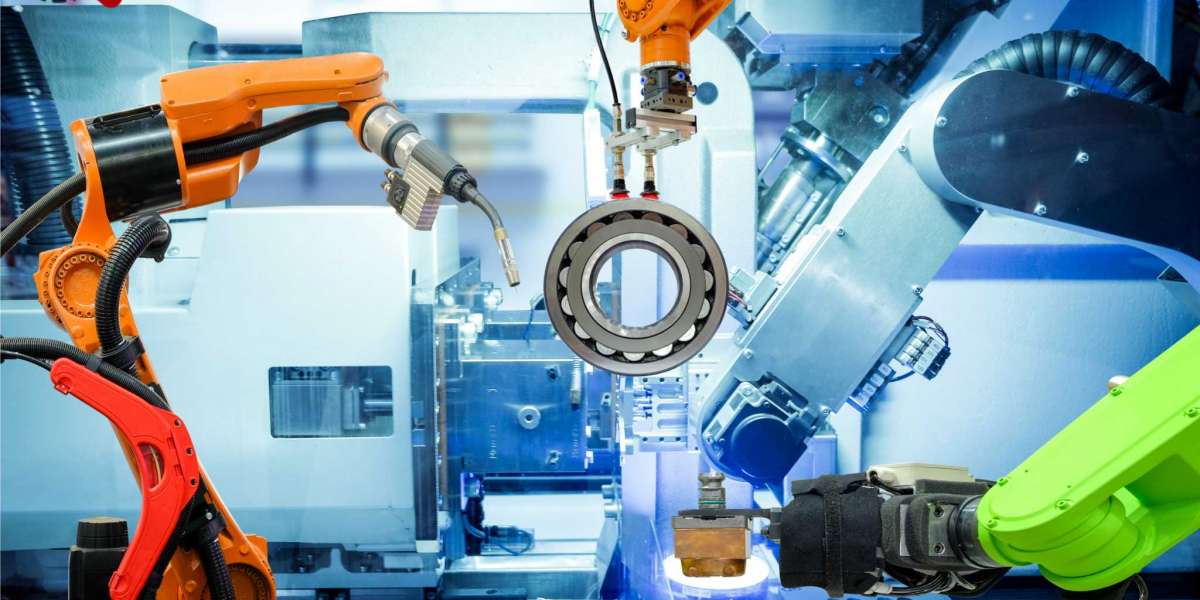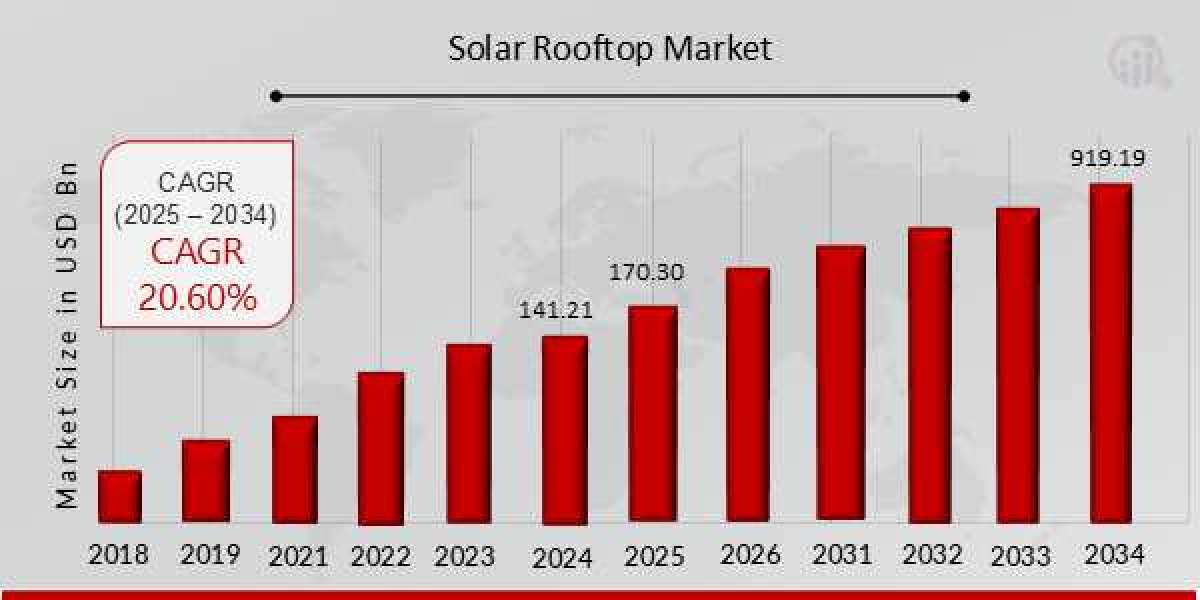The Crucial Role of Glucose Monitoring
Diabetes is a chronic metabolic condition characterized by high blood glucose levels, affecting millions worldwide. Effective management of diabetes is paramount to prevent severe long-term complications, including cardiovascular disease, kidney failure, nerve damage, and vision loss. A cornerstone of this management is consistent and accurate glucose monitoring, which provides individuals with diabetes and their healthcare providers with vital information about blood sugar levels throughout the day. This data empowers informed decisions regarding diet, exercise, and medication dosages. Traditional methods, while effective, often involve frequent finger-prick tests, which can be inconvenient and sometimes painful. The advent of glucose biosensors has revolutionized this aspect of diabetes care, offering more convenient, continuous, and less invasive ways to monitor glucose levels.
Understanding Glucose Biosensors
A glucose biosensor is an analytical device that combines a biological recognition element (typically an enzyme like glucose oxidase) with a physicochemical transducer to detect glucose levels. When glucose interacts with the biological element, it triggers a chemical reaction that the transducer converts into a measurable electrical signal. This signal is then interpreted to provide a glucose reading. Electrochemical biosensors are the most prevalent type due to their accuracy, rapid response times, and affordability. They work by measuring changes in current or potential generated during the glucose oxidation process. The principle behind these biosensors is their ability to provide a specific and sensitive measurement of glucose in various biological fluids, such as blood or interstitial fluid, making them indispensable tools for diabetes management.
Key Drivers of Market Growth
The glucose biosensor market is experiencing significant expansion, propelled by several strong growth drivers. The escalating global prevalence of diabetes, driven by factors like sedentary lifestyles, unhealthy diets, and an aging population, directly increases the demand for glucose monitoring solutions. There is a growing emphasis on early diagnosis and proactive management of diabetes to prevent complications, which further fuels the adoption of biosensors. Technological advancements have led to the development of more accurate, miniaturized, and user-friendly devices, enhancing patient compliance and satisfaction. The rise of continuous glucose monitoring (CGM) systems, which provide real-time glucose data without the need for frequent finger pricks, is a major market catalyst. Furthermore, increasing health awareness among consumers, coupled with supportive government initiatives and favorable reimbursement policies for diabetes management tools, are contributing to the robust growth of the glucose biosensor market.
Technological Advancements and Trends
The glucose biosensor market is undergoing rapid technological evolution. The most significant trend is the widespread adoption and continuous improvement of continuous glucose monitoring (CGM) systems. These systems typically involve a small, disposable sensor inserted under the skin that measures glucose levels in interstitial fluid and transmits data wirelessly to a receiver or smartphone. Innovations in CGM technology focus on enhancing accuracy, extending sensor wear time, reducing device size, and improving connectivity with other digital health platforms. Non-invasive glucose monitoring, while still in its developmental stages, represents a highly anticipated future trend, with researchers exploring technologies like optical, spectroscopic, and breath-analysis methods to measure glucose without requiring any skin penetration. Wearable biosensors, integrating glucose monitoring capabilities into smartwatches or patches, are also gaining traction, offering greater convenience and discreetness. The integration of artificial intelligence and machine learning algorithms is enabling predictive analytics, allowing patients to anticipate glucose fluctuations and take proactive measures, further enhancing the utility of these devices.
Challenges and Future Opportunities
Despite the promising outlook, the glucose biosensor market faces certain challenges. The high cost of some advanced CGM systems can be a barrier to adoption, particularly in developing regions. Ensuring the long-term accuracy and stability of sensors, as well as addressing potential issues like sensor drift or interference from other substances, remain ongoing technical considerations. Regulatory approval processes for novel devices can also be lengthy. However, these challenges also present significant opportunities. The demand for more affordable and accessible glucose biosensors is driving innovation in low-cost manufacturing and alternative sensing technologies. The focus on developing non-invasive and highly integrated wearable solutions will likely lead to breakthrough products that significantly improve the user experience. As personalized medicine gains traction, glucose biosensors will play an even more critical role in tailoring diabetes management strategies. Continued investment in research and development, coupled with efforts to expand access and reduce costs, will shape a future where glucose biosensors are universally available, empowering individuals with diabetes to live healthier, more controlled lives.
Explore our latest reports
? Stay ahead in the healthcare industry. Browse our latest insights now!
About Market Research Future (MRFR)
Market Research Future (MRFR) is a global market research firm that provides comprehensive insights into market trends, drivers, challenges, and opportunities. We offer a broad range of market intelligence reports and consulting services to help businesses and enterprises in various industries make informed decisions
Media Contact:
Market Research Future (MRFR)
Phone: +1-646-845-9312
Email: contact@marketresearchfuture.com
Website: marketresearchfuture








